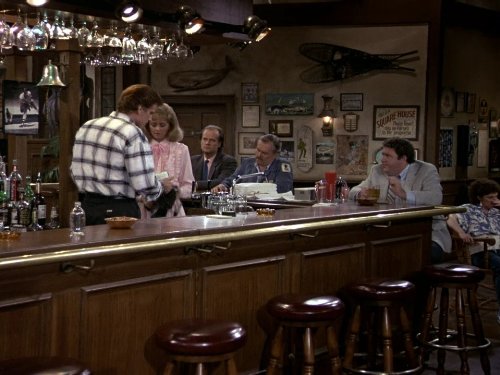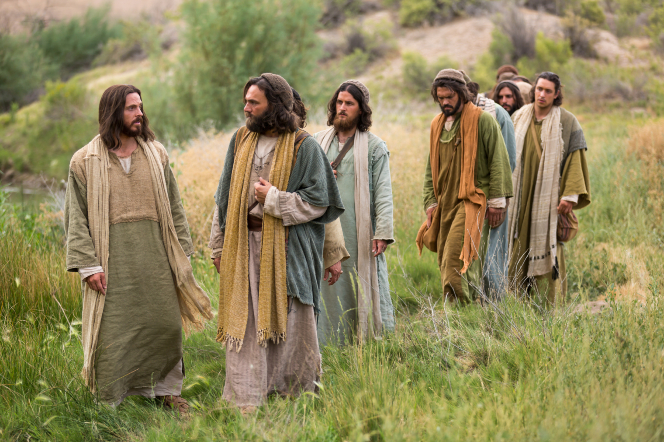
Last week I write about my recent visit to Cuba and my plans to return in October (you are welcome to join me). I spoke of the enjoyment of the experience and mentioned a few of the places we visited.

I could expand on the sites and people. There is much that could be said about the economic condition of the island nation just 90 miles from the United States. The pros and cons of the U.S. embargo could easily provide fodder for a long political discussion. I could compare and contrast the economies and governments of the two countries.
Instead, I want to share something which spoke to me about poverty and wealth and transcends the understanding of these two particular cultures.

On Sunday morning group leaders on the ship provided worship experiences for both Protestants and Catholics. Although attendance was voluntary, I am glad that I went. While Father Damien celebrated mass with the Catholics on board the ship, Rev. Bob Brown, one of the Protestant ministers, led a worship service in which we were introduced to a new song.
Cuando el Pobre (When the Poor Ones) is a Latin American hymn from 1971 written by J. A. Olivar and Miguel Manzano. The English translation is by George Lockwood.

The hymn is a meditation on Matthew 25: 31-46, the parable of the great judgment, focusing on verses 34-36: “Then the King will say to those on his right, ‘Come, you who are blessed by my Father; take your inheritance, the kingdom prepared for you since the creation of the world. For I was hungry and you gave me something to eat, I was thirsty and you gave me something to drink, I was a stranger and you invited me in, I needed clothes and you clothed me, I was sick and you looked after me, I was in prison and you came to visit me’” (NIV).

The United Methodist Hymnal editor Carlton Young notes: “The central teaching (of the hymn) is the classic liberation motif that God in Christ is seen and experienced in the plight of the rejected of society: the homeless, the poor, and the parentless. In life’s journey, we are closer to God when we love them and share from our abundance of food, clothing, and shelter. Those who choose the alternative—greed, hate, and war—will ‘go away into eternal punishment’” (Matthew 25:46a).
CUANDO EL POBRE (UMH #434)
When the poor ones who have nothing share with strangers,
When the thirsty water give unto us all,
When the crippled in their weakness strengthen others,
[Refrain]
Then we know that God still goes that road with us,
Then we know that God still goes that road with us.
When at last all those who suffer find their comfort,
When they hope though even hope seems hopelessness,
When we love though hate at times seems all around us,
[Refrain]
Then we know that God still goes that road with us,
Then we know that God still goes that road with us.
When our joy fills up our cup to overflowing,
When our lips can speak no words other than true,
When we know that love for simple things is better,
[Refrain]
Then we know that God still goes that road with us,
Then we know that God still goes that road with us.
When our homes are filled with goodness in abundance,
When we learn how to make peace instead of war,
When each stranger that we meet is called a neighbor,
[Refrain]
Then we know that God still goes that road with us,
Then we know that God still goes that road with us.
Jamie Jenkins








